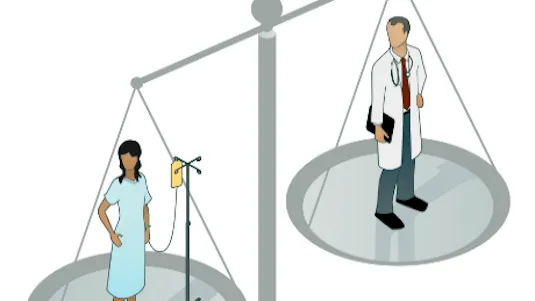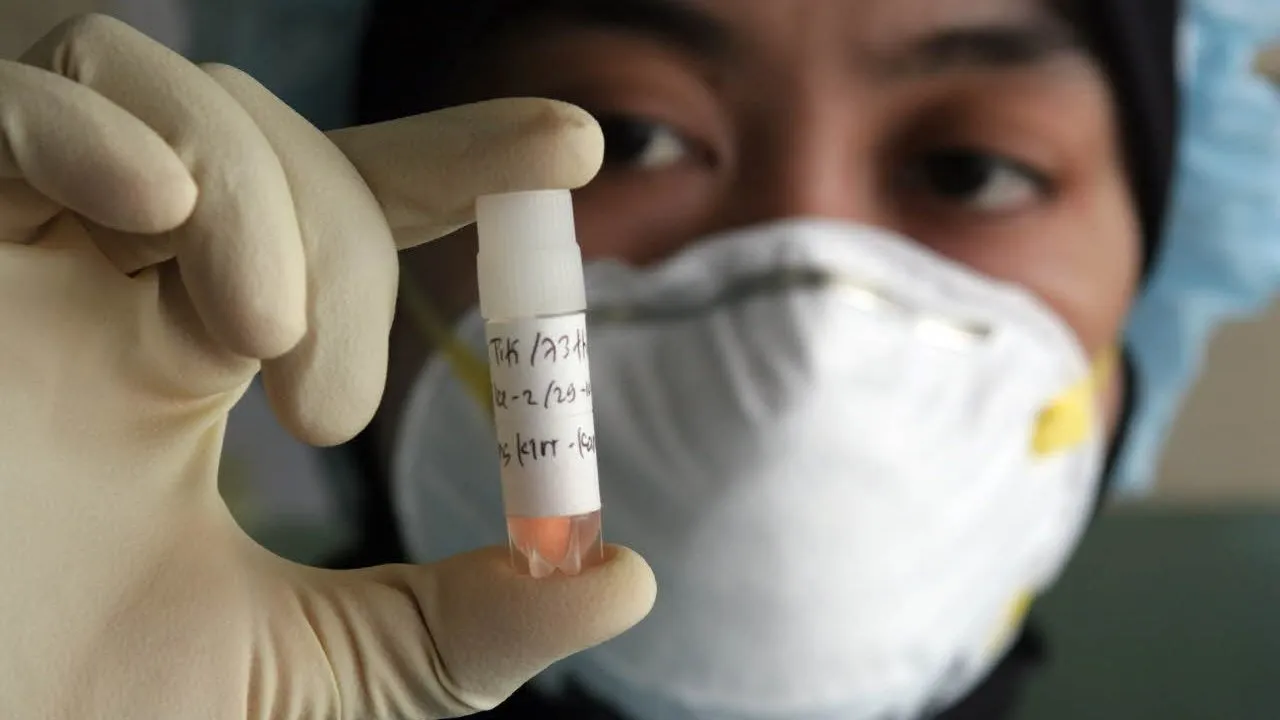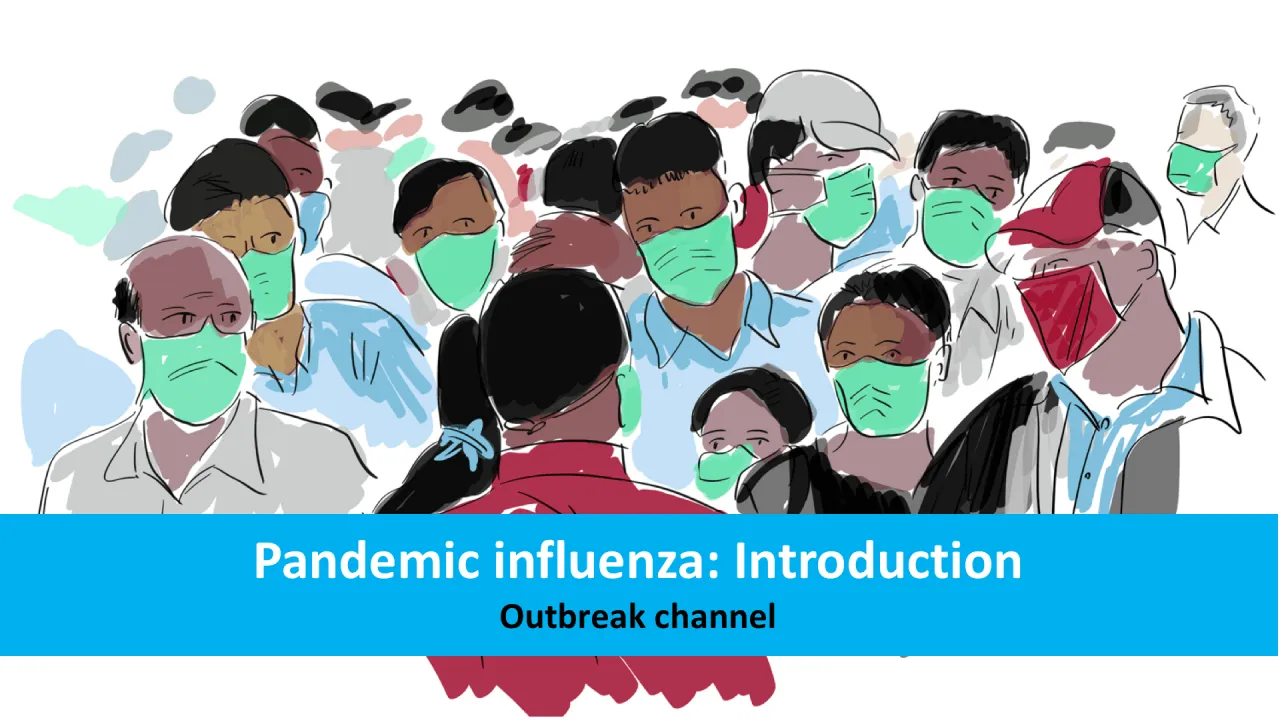
Rationing and Allocating Scarce Medical Resources 
This course examines the ethical and practical considerations of rationing and allocating scarce medical resources. It explores the criteria used to select recipients for organ transplants, such as the severity of the patient's condition, and whether it is fair to prioritize certain individuals over others. It also considers the implications of giving organs to those with a history of substance abuse. ▼
ADVERTISEMENT
Course Feature
![]() Cost:
Cost:
Free
![]() Provider:
Provider:
Coursera
![]() Certificate:
Certificate:
Paid Certification
![]() Language:
Language:
English
![]() Start Date:
Start Date:
20th May, 2013
Course Overview
❗The content presented here is sourced directly from Coursera platform. For comprehensive course details, including enrollment information, simply click on the 'Go to class' link on our website.
Updated in [March 06th, 2023]
This course provides an overview of the ethical and practical issues that arise when rationing and allocating scarce medical resources. Students will explore the theories and principles that guide decisions about who should receive scarce resources, such as organs for transplantation, vaccines in a flu pandemic, and drugs in short supply. Through case studies, students will gain an understanding of the ethical and practical considerations that must be taken into account when making decisions about allocating scarce resources. The course will also examine the implications of these decisions for individuals, healthcare providers, and society as a whole.
[Applications]
The application of this course can be seen in the development of policies and procedures for rationing and allocating scarce medical resources. It can also be used to inform decision-making processes for allocating resources in a fair and equitable manner. Additionally, the course can be used to help identify and evaluate the ethical implications of rationing and allocating scarce medical resources. Finally, the course can be used to develop strategies for addressing the challenges of rationing and allocating scarce medical resources.
[Career Paths]
1. Health Care Administrator: Health care administrators are responsible for managing the day-to-day operations of a health care facility. They are responsible for overseeing the budget, personnel, and operations of the facility. They must also ensure that the facility is compliant with all applicable laws and regulations. As the health care industry continues to evolve, health care administrators must stay up to date on the latest trends and technologies in order to ensure the facility is providing the best care possible.
2. Health Care Policy Analyst: Health care policy analysts are responsible for researching and analyzing health care policies and regulations. They must be knowledgeable about the current health care system and be able to identify areas of improvement. They must also be able to develop and implement strategies to improve the system. As the health care industry continues to evolve, health care policy analysts must stay up to date on the latest trends and technologies in order to ensure the policies and regulations are effective and efficient.
3. Health Care Economist: Health care economists are responsible for researching and analyzing the economic impact of health care policies and regulations. They must be knowledgeable about the current health care system and be able to identify areas of improvement. They must also be able to develop and implement strategies to improve the system. As the health care industry continues to evolve, health care economists must stay up to date on the latest trends and technologies in order to ensure the policies and regulations are economically sound.
4. Health Care Consultant: Health care consultants are responsible for providing advice and guidance to health care organizations. They must be knowledgeable about the current health care system and be able to identify areas of improvement. They must also be able to develop and implement strategies to improve the system. As the health care industry continues to evolve, health care consultants must stay up to date on the latest trends and technologies in order to ensure the organizations are providing the best care possible.
[Education Paths]
Recommended Degree Paths:
1. Health Care Administration: Health care administration is a field of study that focuses on the management of health care systems, hospitals, and other health care organizations. It involves the development of policies and procedures to ensure the efficient and effective delivery of health care services. This degree path is ideal for those interested in learning how to manage health care organizations and develop strategies to improve the quality of care. Additionally, this degree path is becoming increasingly popular due to the growing demand for health care administrators.
2. Health Economics: Health economics is a field of study that focuses on the economic aspects of health care. It involves the analysis of the costs and benefits of health care services, the impact of health care policies on the economy, and the development of strategies to improve the efficiency of health care delivery. This degree path is ideal for those interested in understanding the economic implications of health care decisions and developing strategies to improve the efficiency of health care delivery.
3. Public Health: Public health is a field of study that focuses on the prevention and control of diseases and other health problems. It involves the development of policies and programs to promote health and prevent disease. This degree path is ideal for those interested in understanding the social and environmental factors that influence health and developing strategies to improve the health of populations. Additionally, this degree path is becoming increasingly popular due to the growing demand for public health professionals.
4. Health Policy: Health policy is a field of study that focuses on the development and implementation of policies to improve the health of populations. It involves the analysis of health care systems, the development of strategies to improve the quality of care, and the evaluation of health care policies. This degree path is ideal for those interested in understanding the political and economic aspects of health care and developing strategies to improve the quality of care. Additionally, this degree path is becoming increasingly popular due to the growing demand for health policy professionals.
Course Provider

Provider Coursera's Stats at AZClass
Learners can learn how to ration and allocate scarce medical resources from Rationing and Allocating Scarce Medical Resources. They can explore the principles and values behind different theories of resource allocation such as fairness, equity and efficiency. They can also learn about the different micro-allocation decisions that need to be made, such as who should receive a liver transplant, and what criteria should be used to select recipients. Additionally, learners gain an understanding of the trade-offs that need to be made at the micro- and macro-levels, such as what public and private healthcare payers should offer and how to make equitable decisions when not all needs are being met.
Discussion and Reviews
0.0 (Based on 0 reviews)
Explore Similar Online Courses

Music Theory Level 1: Part Six

Science and Engineering of Climate Change

Python for Informatics: Exploring Information

Social Network Analysis

Introduction to Systematic Review and Meta-Analysis

The Analytics Edge

DCO042 - Python For Informatics

Causal Diagrams: Draw Your Assumptions Before Your Conclusions

Whole genome sequencing of bacterial genomes - tools and applications

Pandemic and epidemic-prone diseases

Pandemic influenza: Introduction

Pandemic Influenza Vaccines: National Deployment and Vaccination Plans
 Related Categories
Related Categories
 Popular Providers
Popular Providers
Quiz
 Submitted Sucessfully
Submitted Sucessfully
1. What is the main focus of the course?
2. What is the main challenge of rationing and allocating scarce medical resources?
3. What are the three cases discussed in the course?
4. Which of the following is not a topic discussed in the course?


Start your review of Rationing and Allocating Scarce Medical Resources